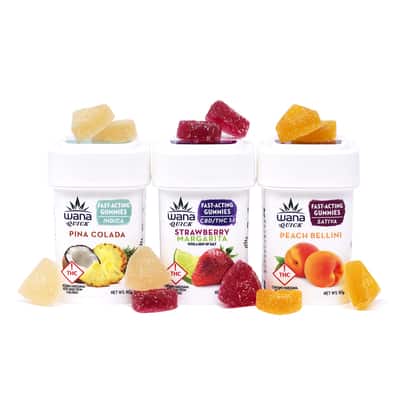To those following the mergers and acquisitions of cannabis companies, 2020 was a different sort of year. Capital markets were already running dry by January, so executive teams and investors began getting creative in connecting dollars to companies.
Enter SPACs: special purpose acquisition companies, which act as blank checks for investors interesting in pooling their money for a designated goal. In our industry, SPACs function as a way for investors to align their money and identify a target company for acquisition. The net effect is actually a reverse merger, whereby the resulting company takes on the SPAC “shell” and operates as a publicly traded enterprise. (See below for SPAC Alpha’s 2020 year-to-date report on SPAC moves.)
At the tail end of 2020, Schulze Special Purpose Acquisition Corp. landed a deal with Clever Leaves, a sprawling cultivation and distribution company with bases in Colombia, Portugal, Canada, Germany and the U.S.
“We believe that Clever Leaves is now among the best-capitalized companies in the cannabis industry and is well-positioned for substantial growth and profitability based upon its disruptive, low-cost and vertically integrated operating model,” George J. Schultze, chairman and CEO of the SPAC, said. “We look forward to working with its outstanding and highly accomplished management team to create significant value over time.”
It’s a $205-million deal, which puts it in the upper echelon of recent cannabis transactions.
Among SPACs, though, this is not uncommon. Cannabis-related SPACs held more than $2 billion in assets in 2020. Because of that, these new investment packages aren’t necessarily a dime a dozen; they’re built to target high-value investments that have a healthy future as a publicly traded firm.
Silver Spike Acquisition Corp. acquired Weedmaps’ parent company, WH Holding Company, and flipped it into a public enterprise through a reverse merger. The resulting business was given a $1.5-billion valuation.
“There was no better opportunity and no more dynamic company and story for us to consider a transaction with than with WMH,” Silver Spike CEO Gordon told Reuters.
Collective Growth Corp., with former Canopy Growth CEO Bruce Linton at the helm, went public in May this year. Starting off with a $150-million raise in the early days of the pandemic, this was big news. But the SPAC took a left turn and executed a reverse merger with a lidar sensor company, a move that will remind investors how quickly the course can change.
US SPAC Weekly Monitor: December 2020 by sandydocs on Scribd

